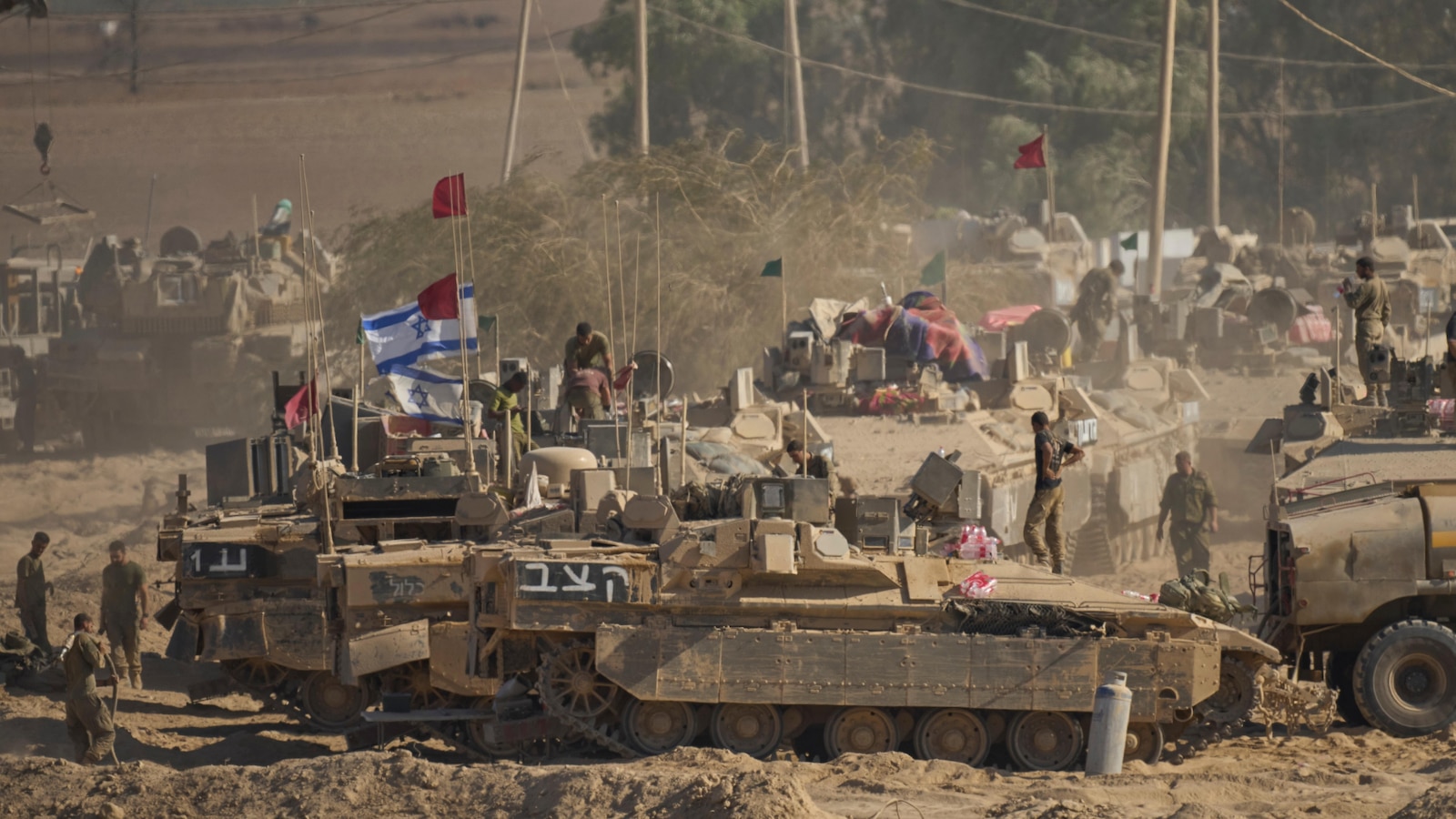ARTICLE AD BOX
A U.N. official says reintegrating Afghan refugees is crucial for the country's peaceful future
ISLAMABAD -- Reintegrating Afghan refugees is critical to the country’s peaceful future as social cohesion will be reduced without it, a U.N. official said Friday.
Some 2.2 million Afghans have crossed the border from Iran and Pakistan since the start of the year, according to the latest figures from the U.N. refugee agency. They arrive in a country struggling with climate change, a stagnant economy and a humanitarian crisis. Some 60% of those returning to Afghanistan are under 18.
Stephanie Loose, a country program manager at U.N. Habitat, said reintegrating these millions was critical for a peaceful future in Afghanistan.
“If you come back to a country where resources are already scarce, there’s a lot of competition already for jobs, land, housing, any sort of services, it’s clear that if you don’t foster dialogue between the local population and those arriving, this feeling of competition will grow and reduce social cohesion, which is like creating another root cause for war and conflicts,” Loose told a media briefing in Geneva. “And the country has seen enough of that.”
It is important for people to understand that those returning are not a burden, she added. They come with skills and are part of a solution for social and economic stability.
People bring what they can carry from Iran and Pakistan, leaving behind their homes and the majority of their belongings. Afghan authorities offer support at the border with cash, food, shelter, health care and onward transport to settlements across the country.
The Taliban have urged their neighbors to avoid forcibly returning Afghans and to treat them with dignity. Iran and Pakistan deny targeting Afghans, saying they are expelling foreigners living in their countries illegally.
Women and girls are particularly hard hit once they return to Afghanistan, where education is banned for females beyond grade six and the Taliban restrict access to many jobs and public spaces.
Loose said Afghan women and girls lacked social, educational and economic development opportunities. Requirements to have a male guardian when leaving the home created further barriers for women-headed households.

 3 hours ago
12
3 hours ago
12








 English (US) ·
English (US) ·